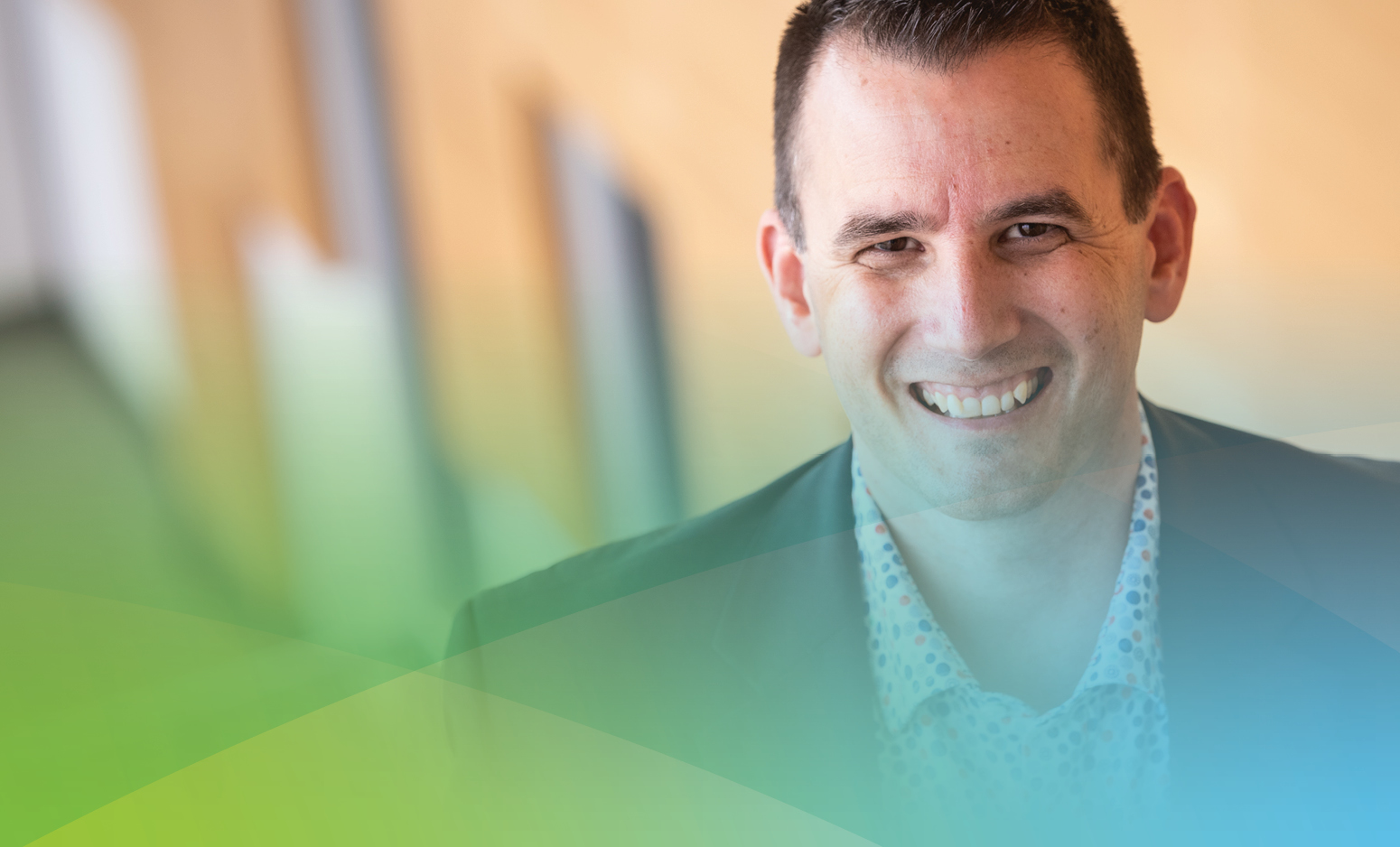
Critical Thinking
During my early years as a leader, I made many decisions based on my gut and intuition. For the most part, it has served me well but not always. In one case, ignoring the available information created a situation where I cost the organization a great deal of money (not a fun position to be in). Over the years, I have found the power of combining my gut instinct with research and evaluation of information from multiple sources. Doing so has brought balance to how I make decisions.
In my Jan. 25 blog, I introduced categorizing skills as either durable or perishable and our Lethbridge College Centre for Teaching, Learning and Innovation's (CTLI's) work on student core competencies. CTLI describes core competencies "as soft skills, life skills, professional skills or employment skills," and critical thinking made their list along with communication, teamwork and collaboration, innovation, problem solving, global citizenship, and career and personal development. So, let's explore critical thinking.
Our world is ever-evolving and becoming more complex by the day. Making decisions without appropriate evaluation often creates unintended consequences. Understanding how to sift through information, determine its value, compare and contrast multiple sources, assess and analyze is a vital skill in the work world.
CTLI defines critical thinking as follows: involves the application of the skills, attitudes, and behaviour needed to effectively research, organize, evaluate, and use information from a variety of digital and non-digital sources for specific purposes. At the same time, The Foundation for Critical Thinking defines critical thinking as the intellectually disciplined process of actively and skilfully conceptualizing, applying, analyzing, synthesizing, and/or evaluating information gathered from, or generated by, observation, experience, reflection, reasoning, or communication, as a guide to belief and action.
Disciplined Process
We are often only as good as the processes that support our habits within so many things in life. As mentioned, I lacked a disciplined approach to critical thinking in my early days. I felt I knew enough to rely on my gut alone. My ego and lack of maturity got in the way of understanding the value of critical thinking. I needed to move fast with audacity and disregarded the importance of using critical thinking to guide my actions.
We live in a fast-paced world that demands quick decisions and rewards action. Time often becomes the enemy of a disciplined process. Ask yourself about your procedures for playing with information before acting. Now think of how urgency affects your strategy. Does it derail your disciplined approach? What do you need to have in place to ensure the discipline of critical thinking stays in place when time is of the essence? Leaning into the confidence and humility required to slow down in favour of sifting through information to allow us to take informed action is not easy but a worthwhile pursuit. So, what are some of the behaviours held within critical thinking?
Behaviours
Researching, organizing, evaluating and using information from a variety of sources all come up in CTLI's definition of critical thinking. For me, researching and organizing come naturally, while evaluating can be overlooked in the presence of urgency. Writing this makes me better understand that critical thinking requires all four.
As I watch my elementary-aged kids experience our world, I see a brilliant relationship with researching and organizing information. They hop onto the internet and gather information to assist when they have a school project. They instinctively know how to find information, collect it, and organize it in their work. I also notice the high level of inherent trust they place in the information they are gathering. Their natural confidence in the data has led to fun conversations where I have asked them to evaluate what they have collected.
Data is a hot topic these days. The Business + Higher Education Roundtable (BHER) 2022 Skills Survey Report highlights analytics, statistics, and quantitative analysis as the number one most in-demand skill over the next three years. The connection between the highlighted skills and critical thinking is evident. But data is just data without someone to bring it to life. This brings us to the purpose of critical thinking: enabling action.
I have long argued we can do all the research, organization, and evaluation of information we want, but what is the point without action? Within the work world, a bias to action is very often rewarded. As we build the skills and behaviours related to critical thinking, they should support using the information to make better decisions or move something forward.
Honing our critical thinking skills allows us to make solid decisions and limit unintended consequences. For me combining the discipline and behaviours of critical thinking help balance my intuitive decision-making.
I'd love to hear your perspective. Connect with me on LinkedIn or Twitter:
Thanks,
Jason